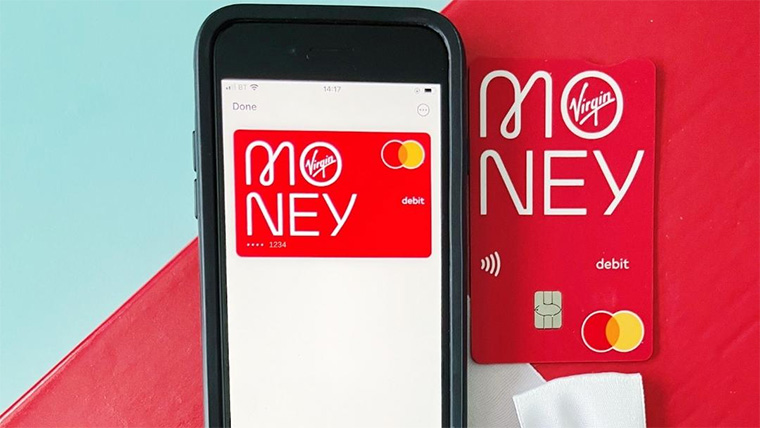
Should I invest in the stock market?

Should you invest in shares or funds?

When should I start paying into a pension?

Four easy and healthy meals to add to your weeknight rotation

How to make stunning lamps without spending a fortune

The five-part toolkit for calming financial anxiety

Seven healthy and delicious recipes on a budget

Five steps to have a Christmas with less money worry during the cost of living crisis

It's time to give your money a financial health check - here's how

Save hundreds on your next holiday with my top travel hacks

5 signs you have financial worries and how to cope with them
